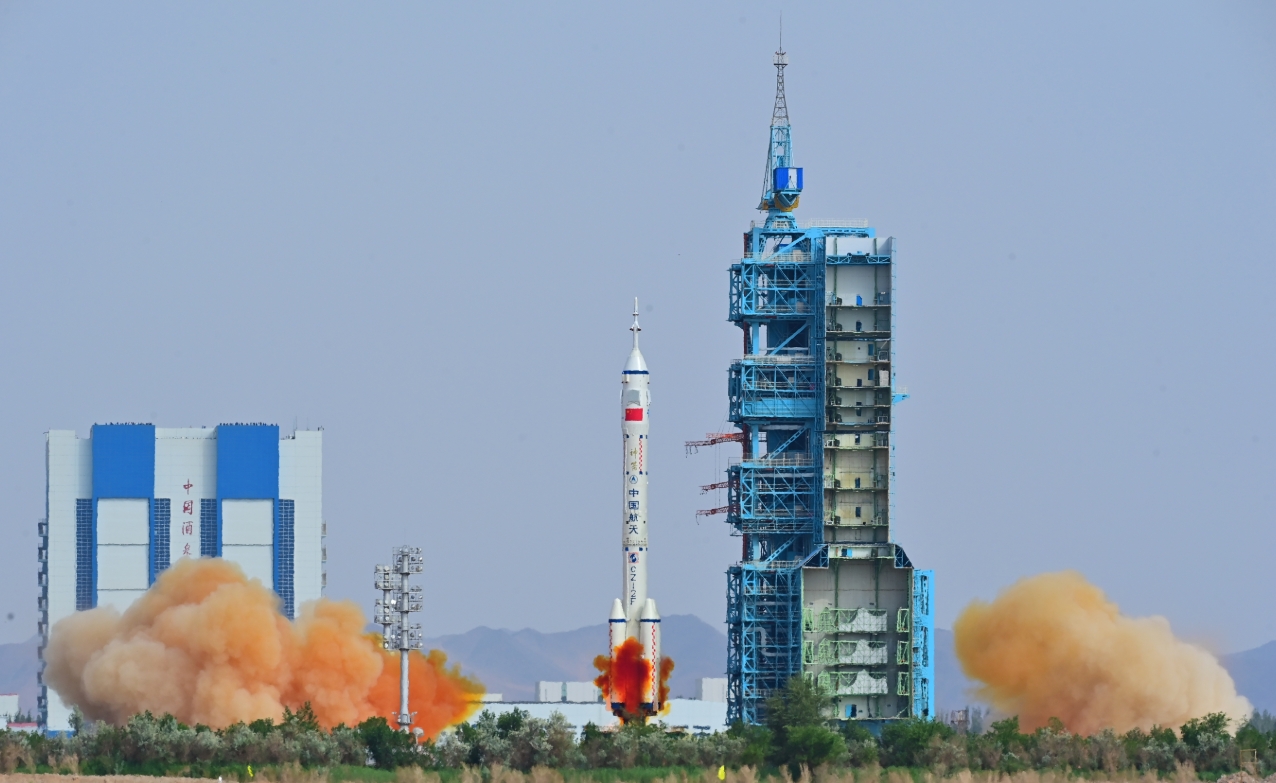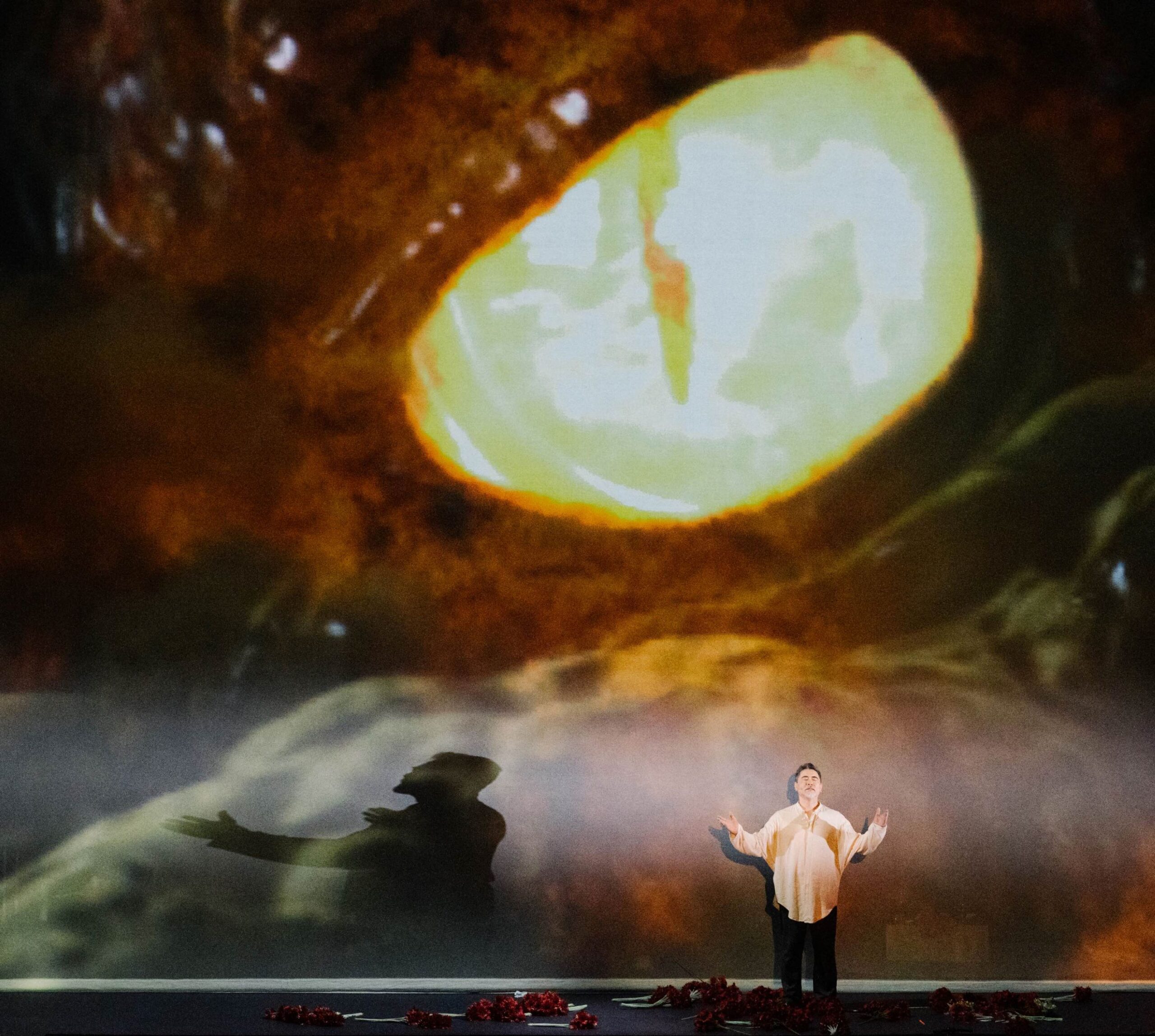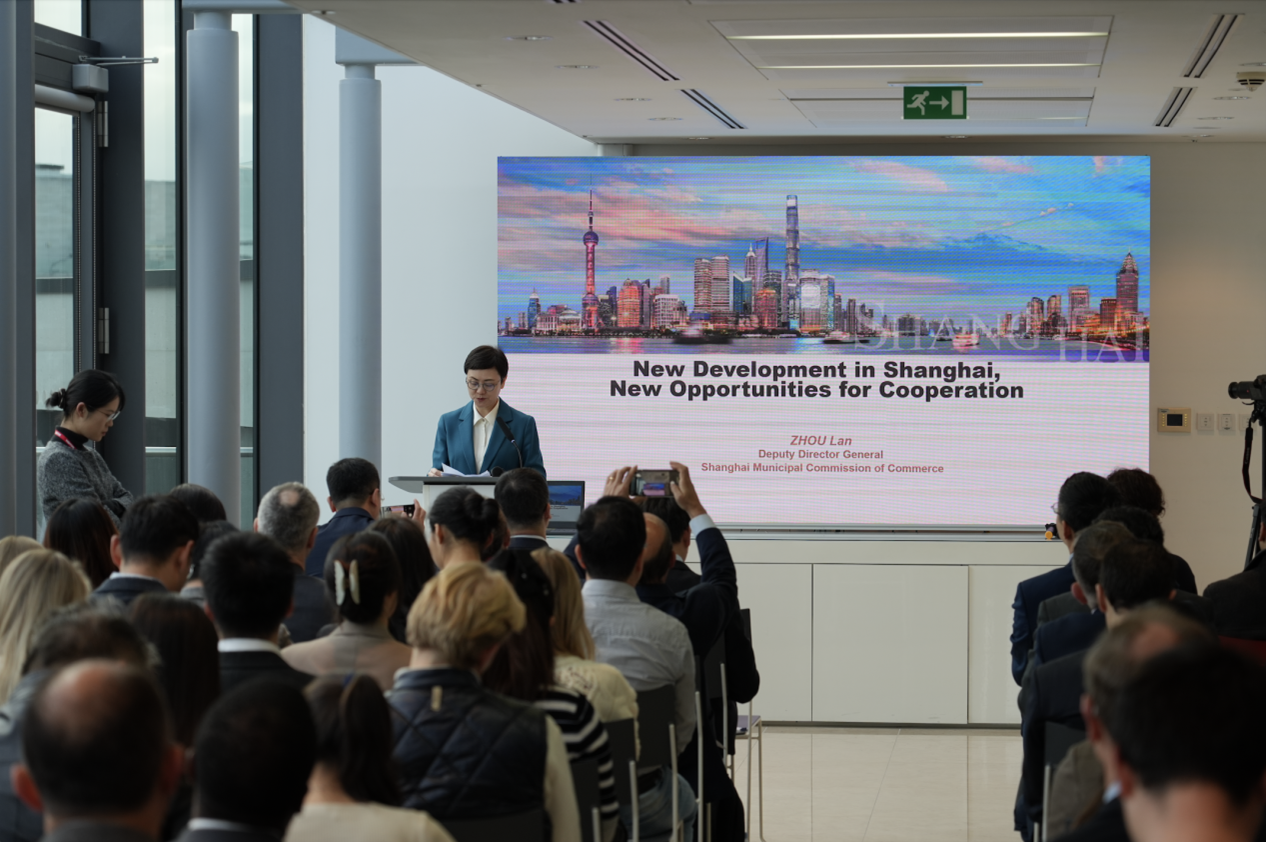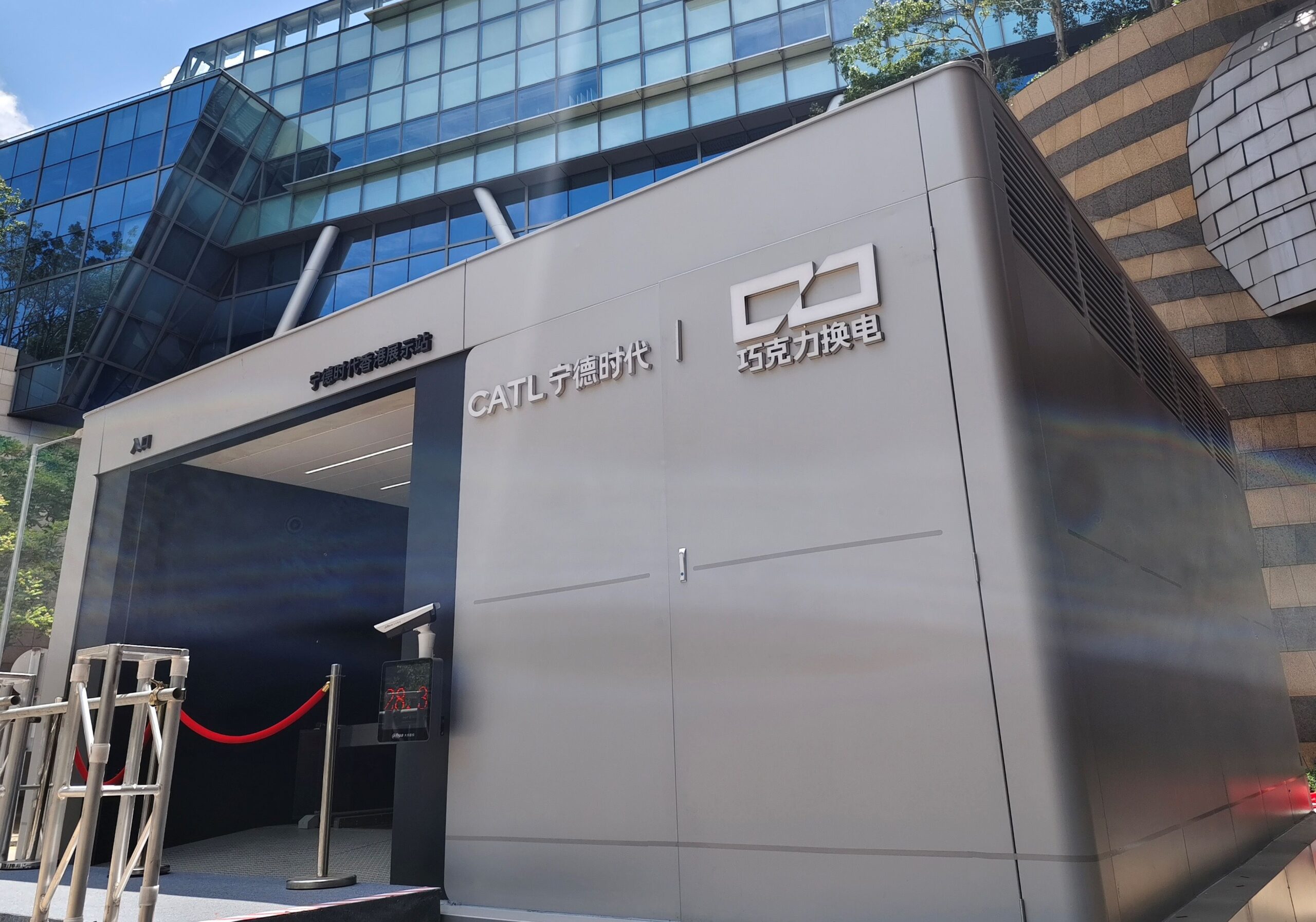AI Chef: The application scenarios of “artificial intelligence (AI) + catering” continue to expand in China.
Place 120 grams of shredded pork, 150 grams of shredded green bamboo shoots, 30 grams of shredded fungus, and other raw materials into the preparation box and select the “Shredded Pork Flavor” option. Immediately, the smart cooking machine commences cooking. After 63 seconds, a delicious fish-flavored shredded pork is served on the diners’ table. This scene unfolds in a community restaurant in Jinjiang District, Chengdu City.

Artificial intelligence + catering
This community restaurant’s smart cooking machine is one of many “AI” applications being used in China. Recently, Beijing Haidian District Market Supervision and Administration Bureau issued Xiangke Intelligent Technology (Beijing) Co., Ltd. Beijing’s first embodied intelligent robot food business license was issued.
This catering robot is called LAVA. It is mainly used for frying operations and can realize unmanned operations of automatic discharging, weighing, identification, production, recording, and also operation.
Meanwhile in the coffee obsessed streets of Shanghai, a smart coffee machine in a park offer more than 50 flavors of coffee.
Furthermore, Chen Guanhua, a chemistry professor turned restaurateur, has invented a culinary robot. It has already been deployed at one restaurant in Kwun Tong district, Hong Kong. Chen now aims to sell the robot internationally. So far, his robot has been sold to customers in Japan and the United States. He is planning to produce 30,000 units a year, and to earn HK$2 billion (US$256,480) annually by 2028.
The application scenarios of “artificial intelligence (AI) + catering” like these continue to expand. This “AI chef” who is gradually taking over the culinary world is driving the transformation and development of China’s catering industry.
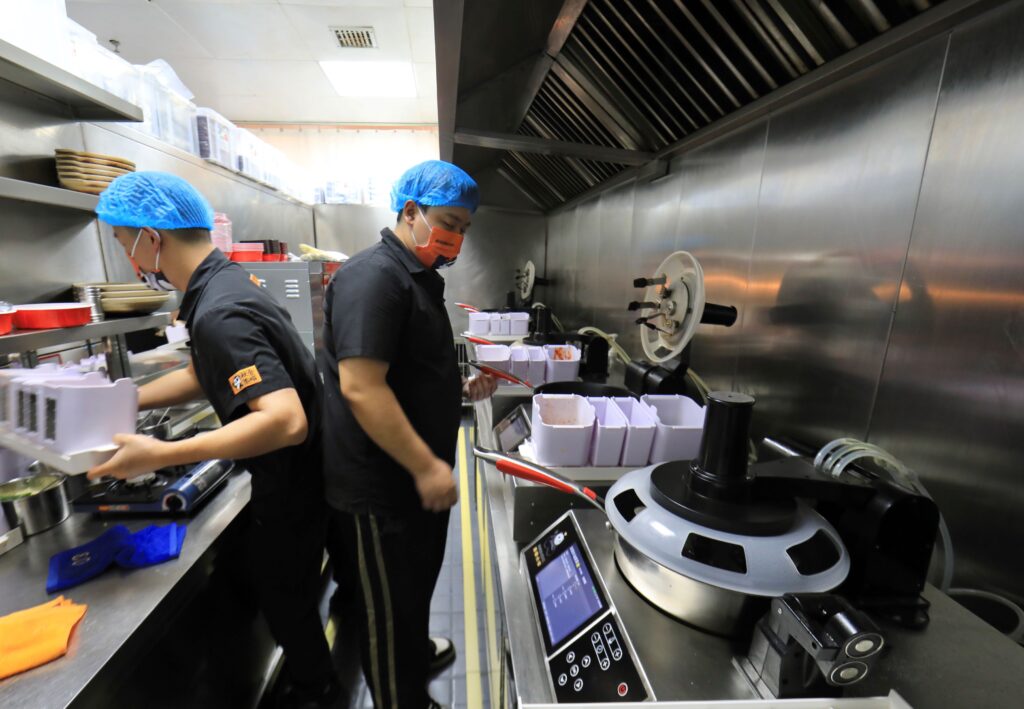
Smart cooking and the unique flavor
Back in Chengdu, Ma Changyin, the owner of an old chain restaurant in Jinniu District, Chengdu, installed a smart cooking machine in July. He remarks, “Low cost and high stability are the greatest advantages of the machine.”
Lian Xiangjian, an agent for a major brand of cooking machines, states, “The greatest advantage of smart cooking machines is to build a platform. Utilize big data to provide references for managers. It may also give rise to a new track of ‘pay-for-skills’.”
However, not everyone is sold on these smart and AI appliances. For citizen Luo Jian, who is proficient in cooking, the “AI chef” lacks a certain “WOK HEY” (锅气:the unique flavor of freshly fried food). In his view, the interaction between raw materials and heat stems from the chef’s accumulated experience. This flavor cannot be easily replicated by a machine.
Despite not everyone agreeing with the concept, smart restaurants with fully intelligent modes are gradually taking shape. The popular Tangshan Cultural Tourism Cloud Smart Restaurant was put into trial operation in July. By integrating intelligent robots, the Internet of Things, and other technologies into ordering, cooking, selling, settlement, and ingredient monitoring, 24-hour unmanned and automated dining services are achieved.
From online payment, smart ordering, unmanned delivery, and big data analysis of diners’ preferences to personalized recommended dishes, digital technology is gradually transforming every aspect of the catering industry. It promotes industry transformation and upgrading in terms of enhancing service efficiency and optimizing customer experience.
Written by Chen Wang with additional editing by Robert Postings.
If you liked this article why not read: New trends of China’s 2024 Double 11




